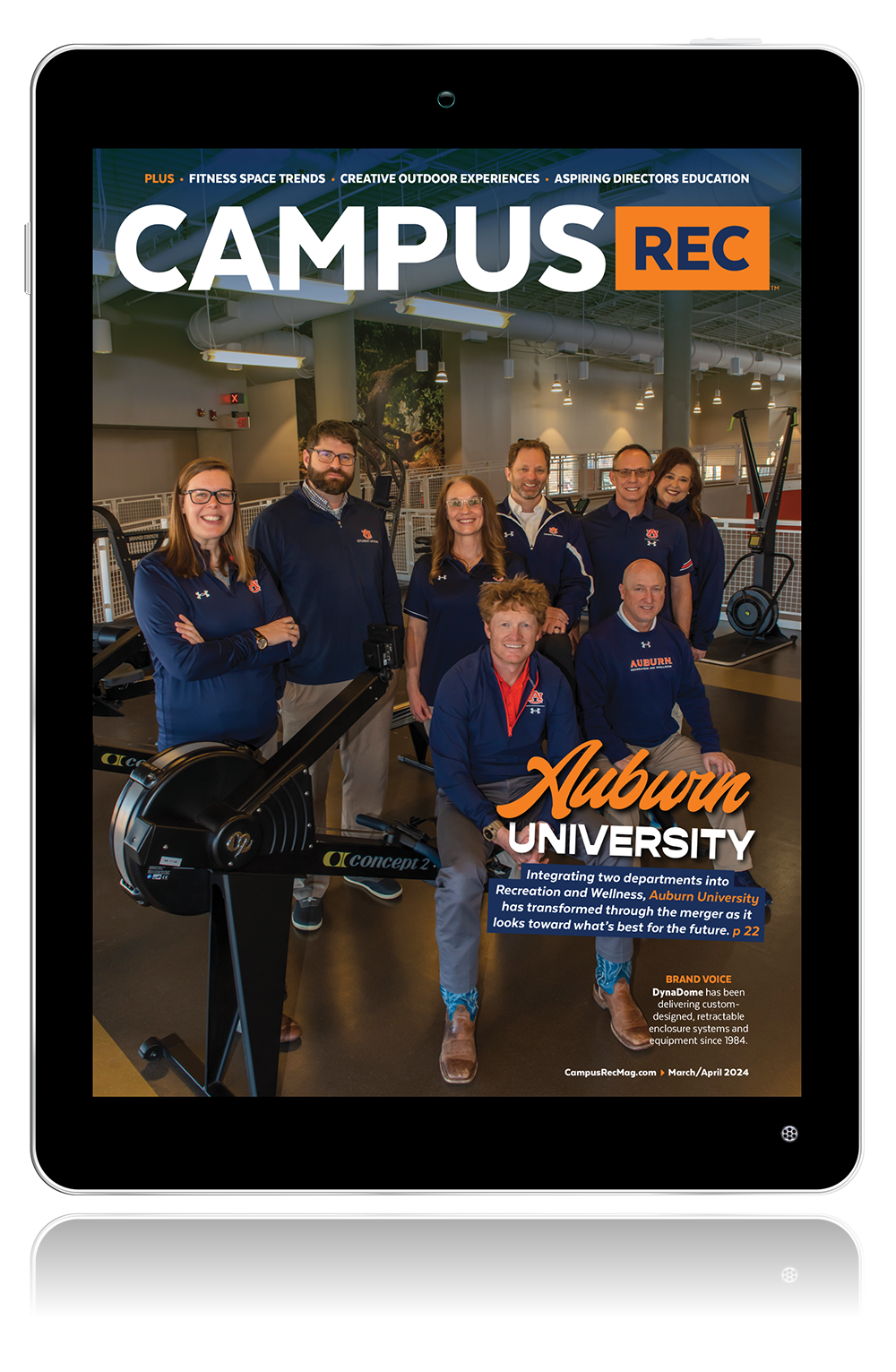The lifeguard-training program at the University of Houston has gone through a lot of changes over the years.
Rachel O’Mara, the assistant director of aquatics, said while in the past the program had a mandatory weekly swim and a four-hour meeting, things have changed. Listening to the needs and wants of the lifeguards, O’Mara and Allison Baker, the aquatics coordinator, have implemented a new system.
“[We’ve] adapted to what our students respond best to,” said Baker.
First off, the entire lifeguard staff will meet once a month for a two-hour meeting. The staff will spend 30 minutes in the pool, making sure everyone is still physically fit to do their job, and the rest of the time will be spent going over various topics.
Second, the lifeguards meet in groups of 12 to 15 on a weekly basis. These groups were formed after the students voiced their thoughts to O’Mara, saying smaller groups would be a beneficial environment to voice thoughts and questions in. “It’s worked out really well for them to be able to get the one-on-one individualized attention they need,” said O’Mara.
Finally, there are weekly online quizzes the lifeguards must take. These allow for topics that aren’t discussed in the large group settings to be addressed. The quizzes allow for a more structured and consistent environment.
Beyond the typical training for the lifeguards, the University of Houston has also developed a way to give them leadership opportunities. If lifeguards wish, they can submit a resume, proceed through several interviews and take an 8-week training course in order to become a head guard — basically, the supervising lifeguard on duty.
The head guards are given responsibilities in the pump room, leadership and accountability tasks, and will have meetings weekly with O’Mara and Baker on professional development topics.
“It was definitely something that really was important to both Allison and I was to make sure you know we look at our job as preparing them for whatever career they’re looking to be in and supporting them as a student and giving them as many responsibilities and opportunities to hone their skills for leadership before they leave here, so that when they leave they are set up as one of the most successful candidates in their position,” said O’Mara.
With the implementation of the process to become a head guard, O’Mara said they have seen an increase in retention among the staff. Lifeguards see what the head guards do, she said, and how that then can translate into their own careers.
Overall, the lifeguard-training program has been a process of trial and error. But, O’Mara emphasized that asking and listening to students is what brought the University of Houston’s lifeguard training program into its success. “It’s really helped us to hone in on what do they need as opposed to what do we think they need,” said O’Mara.










